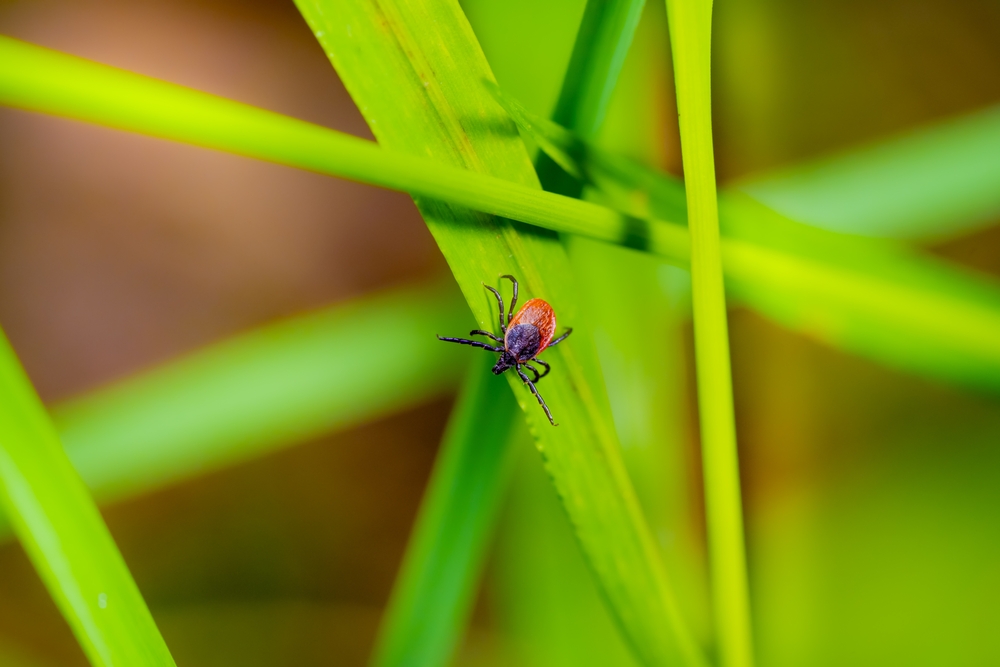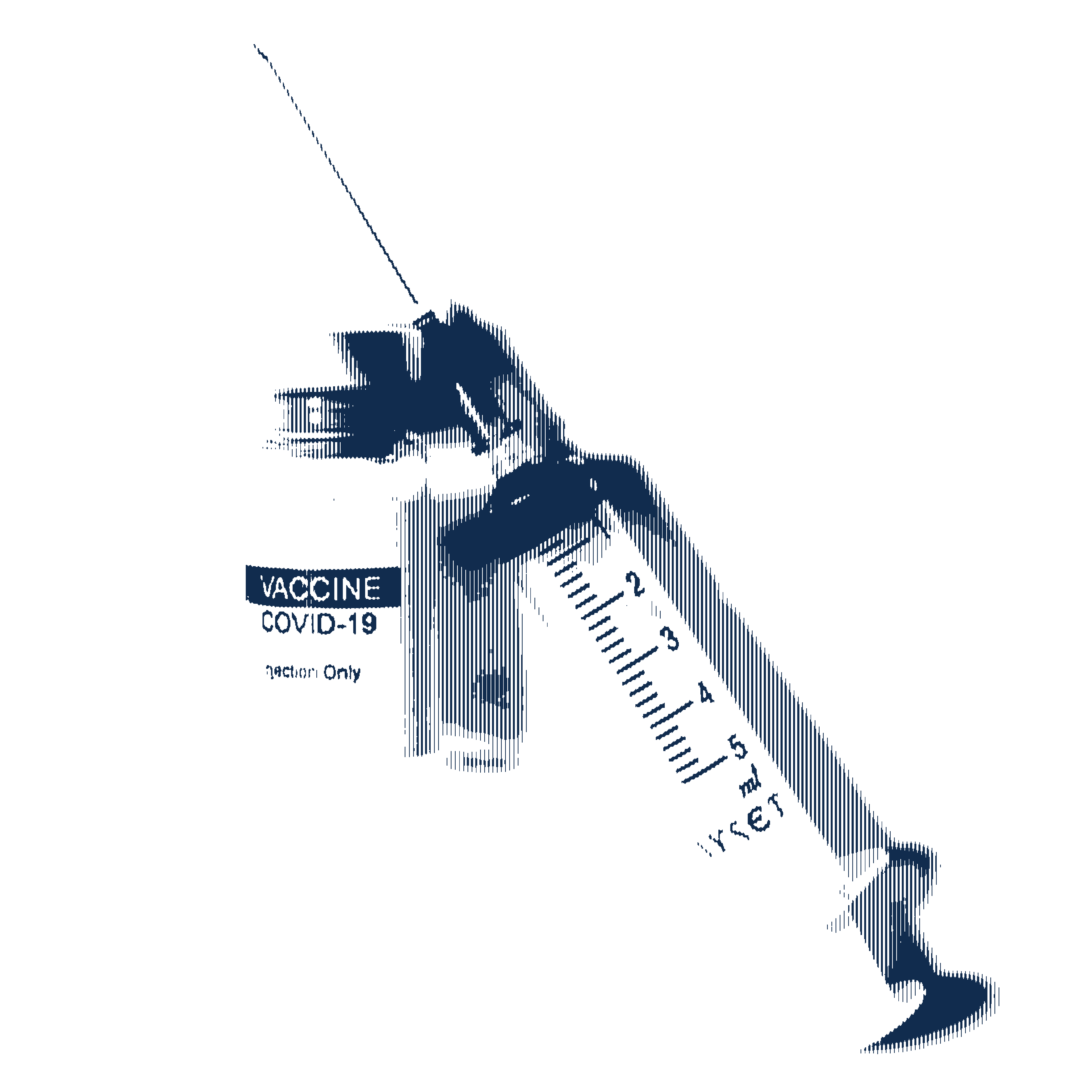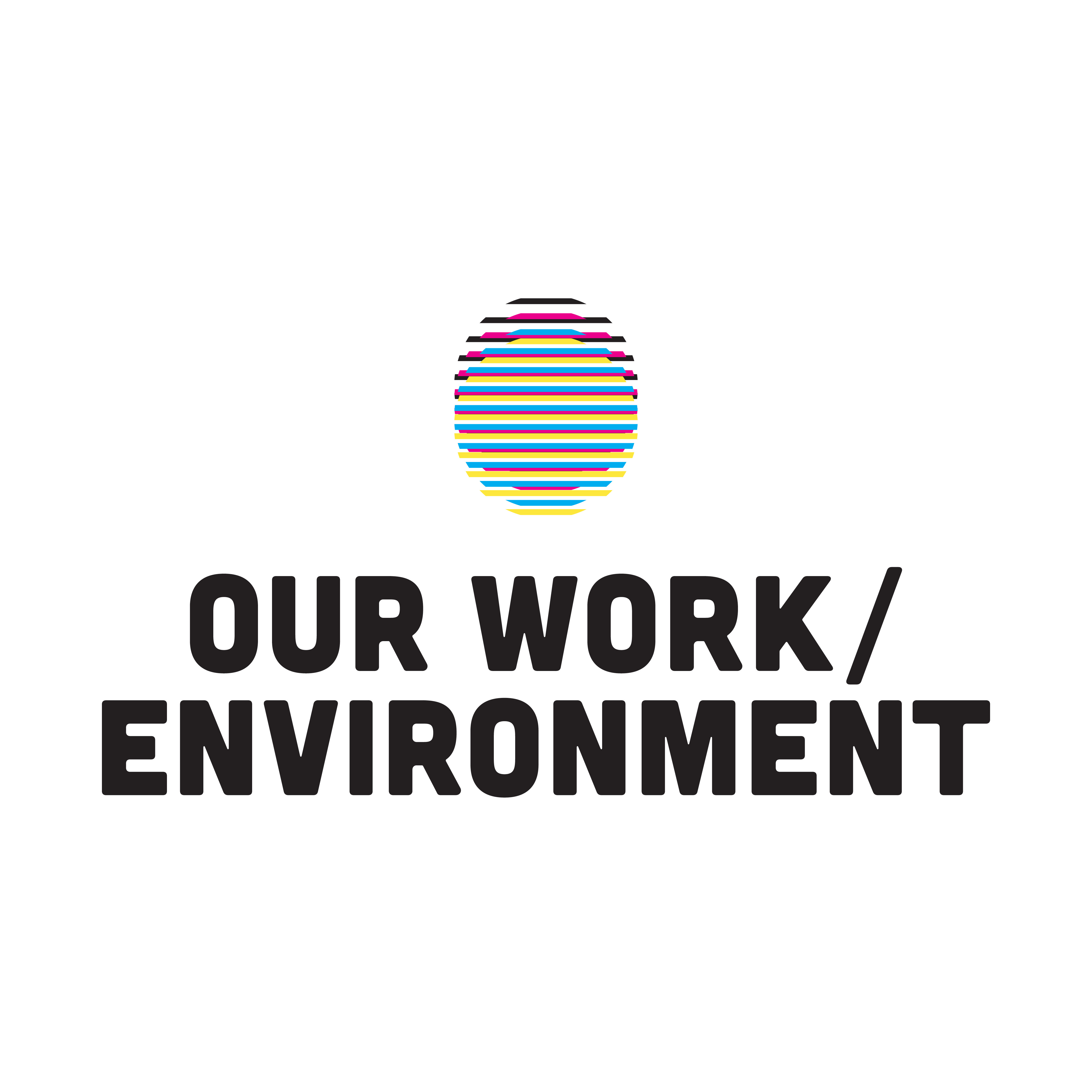Introducing a special issue of Science
Earth scientists often call climate change a “great global experiment,” which humanity is heedlessly performing as we pump greenhouse gases into the atmosphere. The dire consequences are already becoming clear—not just for the workings of the planet, but for our own health. Over the next few days, the stories in this special package will explore the threats, and how we can minimize them.
Vector-borne diseases are a special worry. A warmer climate favors the mosquito that spreads dengue and may already be fueling a worldwide surge in the debilitating disease. Warming may also have enabled malaria-carrying mosquitoes to flourish in Africa’s cooler highlands and ticks that carry Lyme disease to advance northward. Migratory birds, which ferry cargoes of pathogens such as West Nile virus and influenza across continents, are changing the timing and routes of their journeys, with consequences that have yet to emerge.

As a nonprofit journalism organization, we depend on your support to fund more than 170 reporting projects every year on critical global and local issues. Donate any amount today to become a Pulitzer Center Champion and receive exclusive benefits!
Then there are the direct effects of heat on the human body. The worsening toll of heat waves is unmistakable, with thousands dying every summer, but researchers are also discerning subtler impacts. Among the most vulnerable to extreme heat are pregnant people and their fetuses. Epidemiological studies have already revealed links to preterm birth, low birth weight, stillbirth, and other complications, and now scientists are trying to understand the mechanisms.
As always when it comes to climate change, the health effects are likely to hit hardest in hotter, poorer parts of the world. But even in countries where air conditioning and window screens are scarce, adaptation is possible, as cities in India are now showing with efforts to plan for heat waves and promote cooler houses and public spaces. And when it comes to infectious diseases, we are far from powerless in the face of the growing threats. “Climate change matters,” disease ecologist Colin Carlson told Science. “But public health interventions [are] 200 times more important.”













